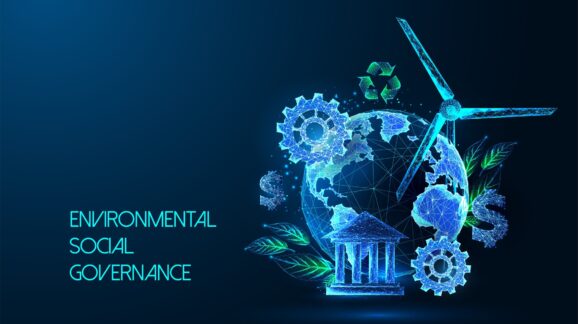What Comes After An ESG Craze That’s Not Ready to Die?
Could this year be the end of the beginning for environmental, social, and governance (ESG) investing?
Buzz in the business press suggests the ESG craze is over or even that ESG is dead. Not quite. The movement’s frameworks, guidelines, and regulations are not about to vanish. Yet the initial phase of fast growth and rapid adoption has played through, evidenced by the fact virtually every big company has adopted ESG metrics and reporting, and most of the largest financial firms have signed on to public ESG commitments. What comes after should include firms delivering greater clarity and specificity and governmental regulators allowing market actors to determine which corporate initiatives are producing value.
ESG advocates have been spectacularly successful at signing up corporations to international partnerships like the United Nations’ Principles for Responsible Investment and the Glasgow Financial Alliance for Net Zero. Having achieved such a prominent position, however, comes with the burden of actually implementing the movement’s lofty goals.
The aura of the early insurgent era, during which ESG activists thought themselves scrappy underdogs storming the old boys club of corporate finance, is difficult to maintain once most of the largest financial firms in the world have signed public pledges endorsing your position. Indeed, it would be difficult today to find a major corporation that lacks a detailed report extolling its impressive ESG score.
Lest you think I’m joking, fossil fuel giant Halliburton was once so controversial its name was said to be “synonymous with the word ‘evil’.” Last year, it was named to the Investor’s Business Daily Top 100 Best ESG Companies list. This sort of thing has led to confusion among regular people about what ESG investing is supposed to accomplish.
Many Americans are familiar with the old-fashioned version of ethical investing – don’t directly invest in a company you deem unethical. If enough people do the same, the theory goes, problematic companies will either be forced to change or will go out of business. But the individual ethical investor will have a clean conscience, not personally holding shares in companies doing the wrong thing, whether that’s selling cigarettes, manufacturing weapons, or pumping crude oil.
Read the full article on Real Clear Markets.
